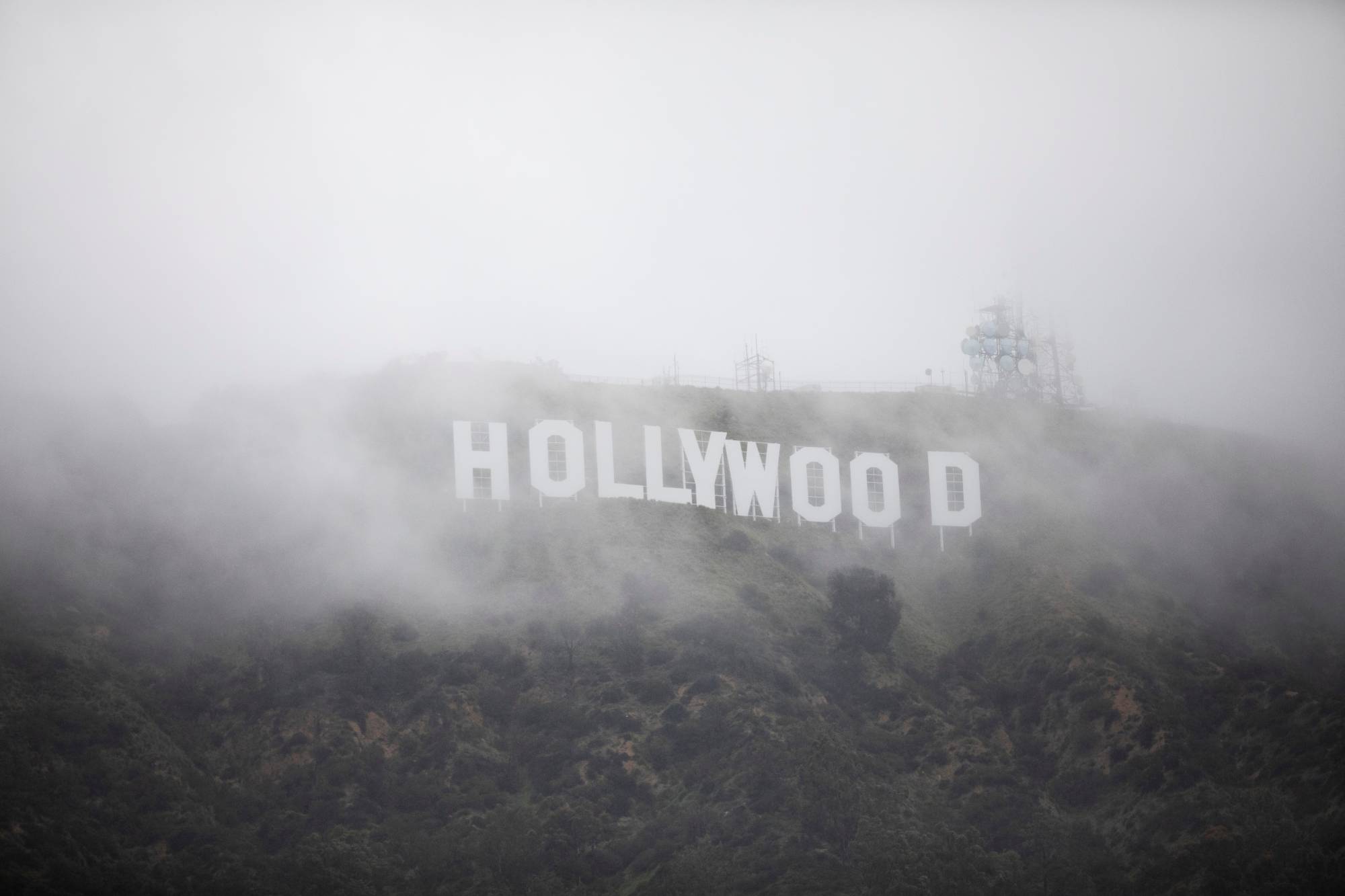Hollywood once ruled over the Japanese box office. In 1975, the smash success of “Jaws” gave non-Japanese films their first majority share of the Japanese market: 55.6%. And as more effects-driven films by directors such as Steven Spielberg and George Lucas, and more actioners featuring muscular superstars like Sylvester Stallone and Arnold Schwarzenegger filled local theaters, Hollywood’s dominance grew.
The peak came in 2002, when “Harry Potter and the Philosopher’s Stone” topped the year’s box-office rankings and the foreign film market share hit a record 72.9%, according to figures compiled by the Motion Picture Producers Association of Japan (Eiren).
When I began reporting on the Japanese film industry in the early 1990s, industry insiders told me that, with its massive financial and technical resources, and large roster of international stars, Hollywood was pretty much unbeatable at the domestic box office — and probably would be indefinitely. Rather than go head-to-head with this entertainment behemoth, Japanese producers played the demographic margins where local films were still strong: animation for the kids and samurai epics for the old folks.



